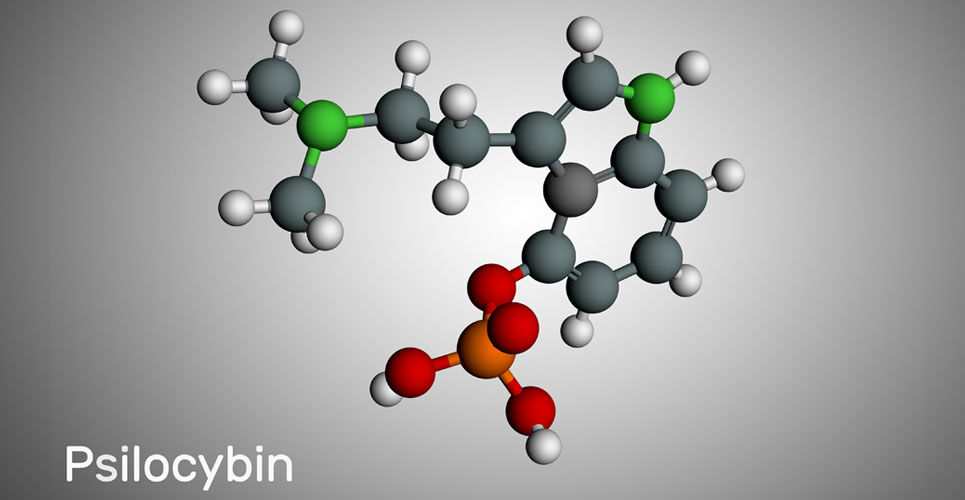High doses of psilocybin – the psychedelic ingredient in magic mushrooms – appear to have a similar effect on symptoms of depression as an antidepressant, according to a meta-analysis of the evidence.
But some of the promise of psychedelic treatment for depression may have been overestimated due to issues with trial design, the results suggest.
Published in the BMJ, the study was undertaken to determine to what extent studies showing the effectiveness of psilocybin for depression may be biased due to participants knowing whether they have taken it or not because of its subjective effects.
Trials have also commonly been done with use of the drug alongside psychological support, making picking out the drug-related effects more difficult.
To analyse what is really happening, the team compared trials of psychedelic treatment with either MDMA, LSD, psilocybin or ayahuasca with results from studies of the selective serotonin reuptake inhibitor escitalopram as well as one study comparing psychedelic therapy directly with this antidepressant.
They found that the placebo responses in psychedelic trials were lower than in escitalopram trials.
It meant that while most psychedelics performed better than placebo in psychedelic trials, on a specific 17-point scale of depression only high-dose psilocybin was better than placebo in escitalopram trials.
The small effect size found was similar to that seen with current antidepressant drugs, the researchers reported.
None of the interventions were associated with a higher rate of severe adverse events, including death, admission to hospital or suicide attempt, or discontinuation than placebo, the team found.
It suggests that while flaws in study designs may have overstated the effectiveness of psychedelics, high-dose psilocybin ‘appeared to have the potential to treat depressive symptoms’.
Only the acute effects of the interventions were assessed and the long-term effects of psychedelics and escitalopram remain unclear, the authors stressed.
But they concluded: ‘Our analysis suggested that the standardised mean difference of high dose psilocybin was similar to that of current antidepressant drugs, showing a small effect size.
‘Improved blinding methods and standardised psychotherapies can help researchers to better estimate the efficacy of psychedelics for depressive symptoms and other psychiatric conditions.’
Previous studies have shown particular benefit of psilocybin for patients with treatment-resistant depression when it is given alongside psychological support.
And a single dose of psilocybin therapy has been found to improve symptoms of major depressive disorder in patients with different forms of cancer.
A version of this article was originally published by our sister publication Pulse.

